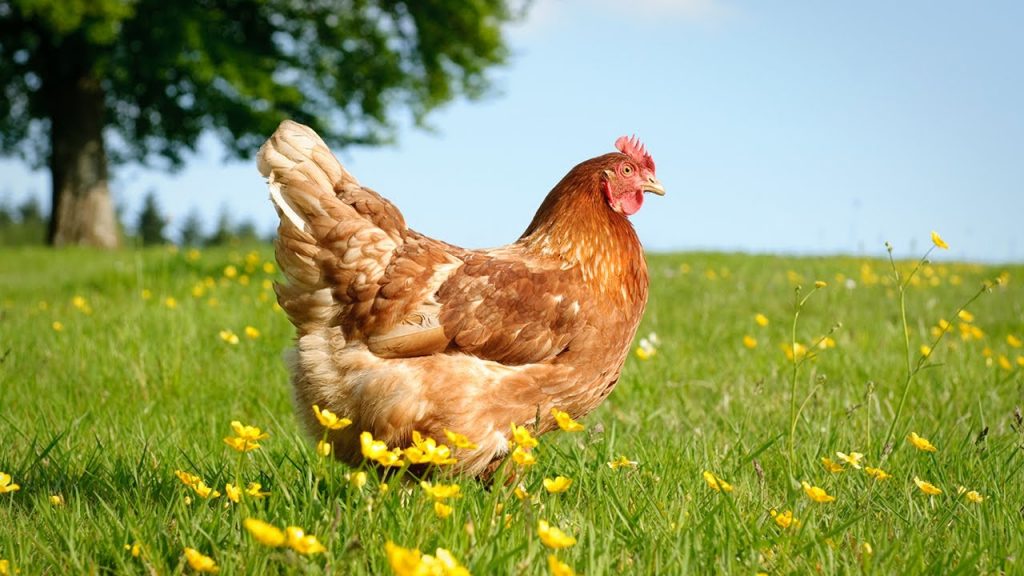Meating Place | Putting the A in ESG

Poultry producers throughout the country gathered in Atlanta this week for the International Production & Processing Expo. And like most other industries in the country, there was a significant emphasis placed on adopting policies that reflect the trends in ESG (environment, social, governance), including several sessions on sustainability.
From the tech sector to the service industry, socially conscious investors and consumers have demanded that companies look beyond their bottom lines to ensure they are being good corporate actors.
But for the animal agriculture industry, E, S, and G aren’t enough. It needs an A.
Animal welfare is quickly becoming a top issue within ESG considerations. Fidelity ESG Pro, for example, has risk flags for any company involved in animal farming. These risks are calculated in addition to risks on environment or governance, and they should be taken just as seriously.
But much of the ESG discussion in animal agriculture — including at IPPE — is still dominated by sustainability and climate issues. Caring about the welfare of polar bears in the Arctic is important, but it will ring hollow if it is not accompanied by proof that we care about the welfare of farm animals, too.
According to a recent poll from American Humane, 72% of Americans reported that humane standards for chickens are important to them. This matches polling conducted by other organizations, which found that number to be as high as 80%.
The animal welfare conversation is one the American people are already having. If the industry doesn’t position itself to be a part of that conversation, animal liberation activists will gladly take the reins and drive the country in a more radical direction.
So, how can producers assure consumers and investors that their values are aligned? Independent, third-party audits.
ESG is all about transparency. It is no longer enough to just say animal welfare policies are in place. Americans want a fact check and independent audits are becoming essential for concerned consumers.
Our polling showed that 70% of respondents said they would choose a product that was American Humane Certified over a product that wasn’t. A similar study published in Food Ethics found that 79% of customers reported consciously paying more for a product because it included a label about humane treatment or animal welfare.
This does not mean that consumers expect producers to turn to some hostile entity for certification that has unreasonable standards that would render all chicken too expensive for their dinner table. It also does not mean we abandon evidence-based practices in favor of some of the emotion-driven standards other certification groups have promoted.
Americans just want to know that animals are being raised free from hunger, thirst, pain, fear, or discomfort. They want to know that the birds are free to express normal bird behaviors. Certification helps ensure that.
ESG considerations are new to the business world. A glance at Google trends shows it’s only been a year since the term has become really prevalent in American culture. But it’s not going anywhere. And the animal welfare component of ESG is only growing.
Poultry producers should embrace the animal welfare component of ESG. And as they do so, they should showcase their animal welfare standards by getting certified.
Read the full piece at Meating Place.